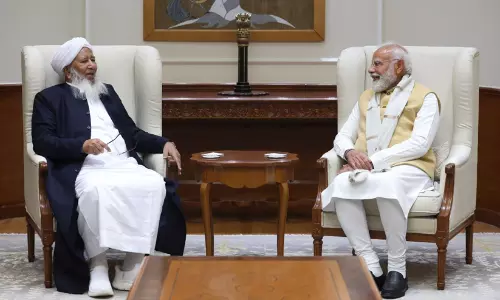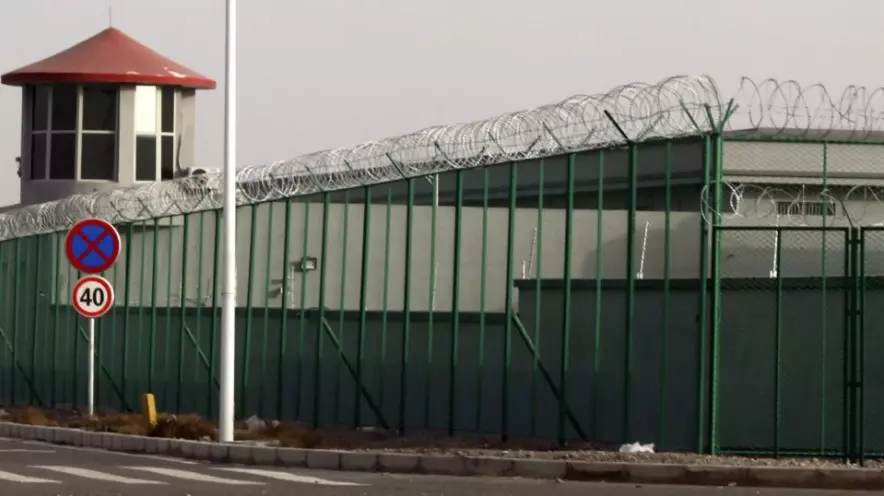
China sets up over 200 prisons as Xi Jinping expands anti-corruption drive
text_fieldsImage courtesy of newsX
New Delhi: China has set up or expanded over 200 specialised detention facilities known as ‘liuzhi’ to strengthen President Xi Jinping's anti-corruption drive, CNN reported.
Suspects are held for up to six months in these centres without giving access to legal counsel or allowing family visits.
Currently in his third term, President Xi has made combating corruption his regime’s priority since coming to power in 2012 in order to consolidating his control over community party and military.
Now this drive has extended beyond focusing on party to monitoring public institutions.
Liuzhi came into being in 2018 replacing the controversial “shuanggui” system known for abuse and torture.
These facilities, having guards and surveillance cameras, are targeting any one exercising ‘public power’ including civil servants, managers of public institutions and officials.
Billionaire investment banker Bao Fan and former soccer star Li Tie, who was sentenced to 20 years in prison for corruption, are among those of the high profile cases.
Marking acceleration in construction after pandemic, more than 218 liuzhi centres were set up or expanded between 2017 and November 2024.
However, critics point to abuse of power and forced confessions with a lawyer representing the accused officials in corruption case telling CNN that detainees could face threats, torture and psychological pressure.
A former official, Chen Jianjun, faced sleep deprivation and was forced to sit upright daily for 18 hours in his six months long detention.
The government has adopted a national plan to set up these facilities between 2023 and 2027 alongside meeting standard construction rules.
Designed to stop detainees from self-harming, the centres feature padded walls and anti-slip surfaces.
Critics point to the likelihood of local anti-graft agencies abusing their power to extract bribes from businesspeople by framing them with false charges.
Economist Zhou Tianyong in a censored article warned that these practices could adversely affect China's economy.























